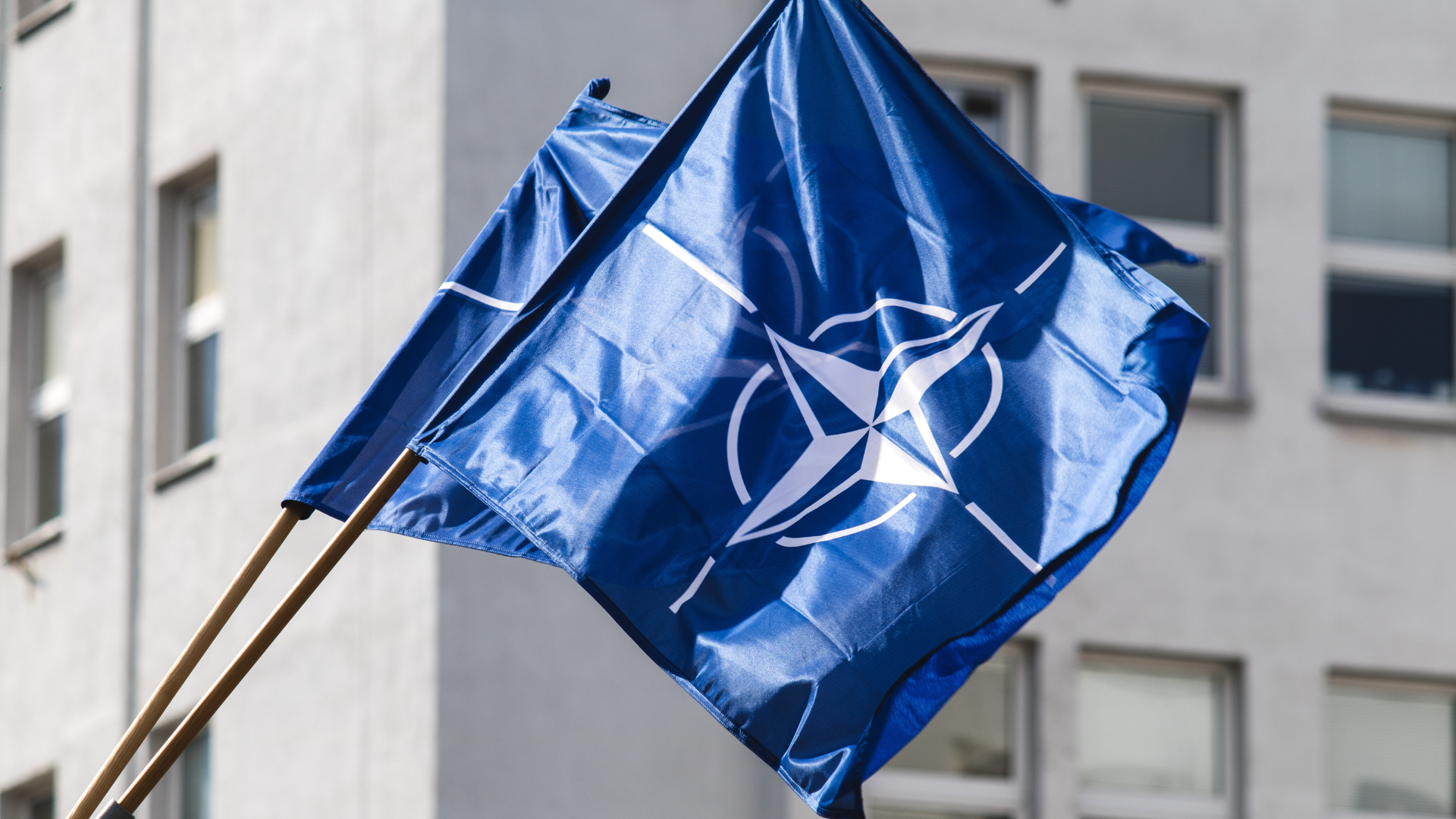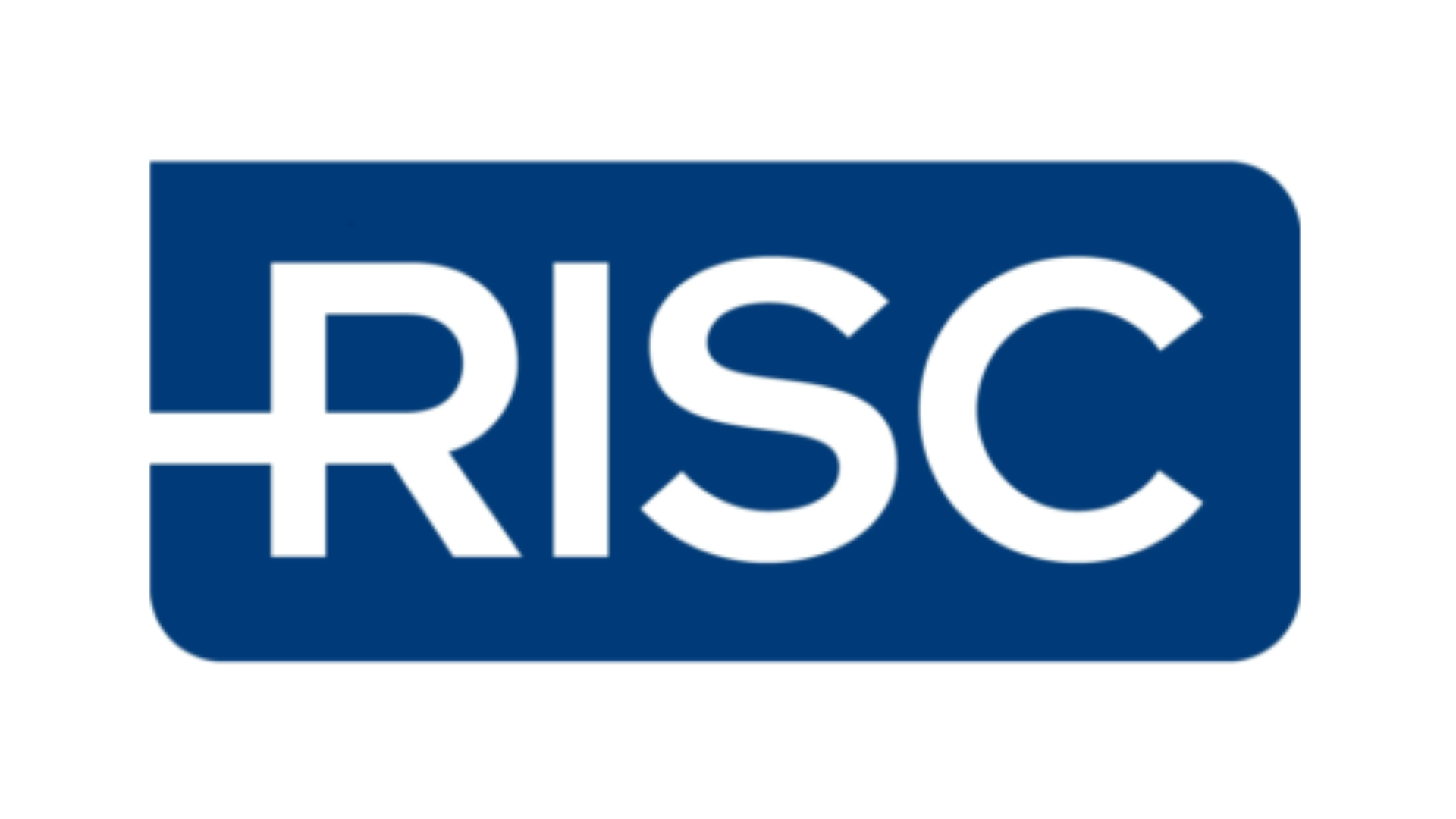
Written by Emma Evans, Defence Policy Advisor
For the new UK Government, the Washington Summit was the first big set piece for international engagement. The new Prime Minister, accompanied by his Defence Secretary, Foreign Secretary, and Minister for European Relations, showed their strong support for NATO and for Ukraine while at the Summit and indicated the direction of defence and security priorities for the new Government.
Delivering on the NATO Secretary General’s words that there is no Defence without Industry, A NATO Industrial Capacity Expansion Pledge has been published. The pledge builds upon the Defence Production Action Plan agreed at the 2023 Vilnius Summit, and aims to accelerate defence industrial capacity across NATO. The pledge looks to leverage NATO’s role as convenor, standard setter, requirements setter, and delivery enabler to expand defence industrial capacity. There are 9 elements to the pledge, including accelerating the adoption of new technologies, enhancing cooperation with Ukraine and protecting defence-critical supply chains. This is a key recognition of the importance of defence industrial capability for the strength of the alliance.
The new Defence Secretary, John Healey, pledged £3 billion of aid to Ukraine within the first 100 days of the new UK Government. Both he and the Prime Minister made clear their support for NATO and encouraged other NATO allies to move beyond the target of committing 2% of GDP to defence expenditure. The new Prime Minister re-iterated the commitment of increasing UK defence expenditure to 2.5% of GDP, but did not give a timeline for this announcement. Starmer also confirmed that his Government would maintain at least £3bn annually for military support for as long as is necessary in the conflict.
Healey recognised that European nations must pick up some of the financial burden of defending Europe against Russia and must also take on more of the leadership responsibilities within NATO, as American priorities are likely to shift to the Indo-Pacific. The Defence Secretary and the Foreign Secretary also expressed interest in resetting relationships with Europe, and in exploring the possibilities of a UK-EU defence and security pact, as mentioned in the Labour Party Manifesto.
The language around NATO support for Ukraine was significantly strengthened over the summit, with NATO members pledging their support for an “irreversible path” to future membership for Ukraine. Over €40bn of support has been pledged over the next year, including four Patriot air defence systems, and F-16 Fighter Jets. NATO will take a larger role in the coordination of support and training, including the establishment of a NATO Security Assistance and Training for Ukraine Command in Germany.
The threat that China posed attracted more attention at this summit, despite most of the conversation centring on the need to support Ukraine. The developing relationship between China and Russia was raised, with China being labelled a “decisive enabler” of Russia through its support for Russia’s defence industrial base. NATO leaders urged China to cease support for Russia’s war effort.
The announcements of the UK Government at the Summit, alongside the commitment that the upcoming SDR will ensure a “NATO-first” policy is at the heart of UK defence, sets out the strategic direction that the new Government is going to take to strengthen NATO and deepen collaboration with European partners. ADS will continue to work through the UK Industry in NATO Forum (UKINF), and through its support to the UK NIAG Delegation (NATO Industrial Advisory Group) to deliver on the Government’s aims. Identifying key areas of NATO-EU collaboration, and implementing the Defence Production Action Plan and the new Industrial Capacity Expansion Pledge, will be key for the UK to deliver on building NATO’s industrial resilience, and supporting Ukraine.





